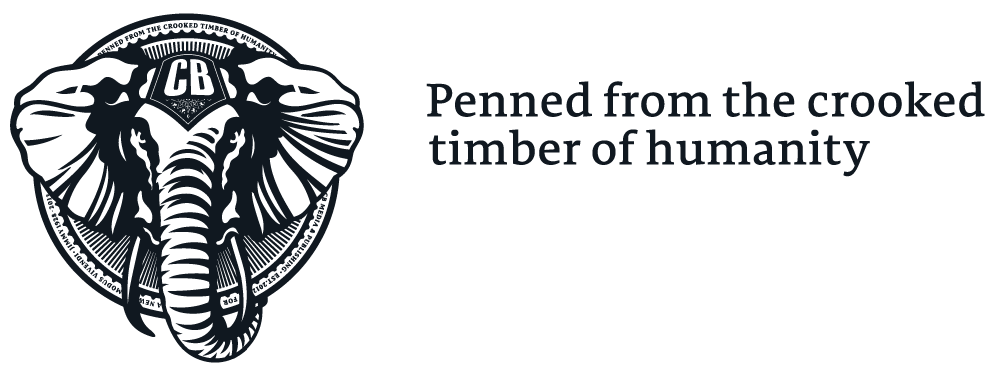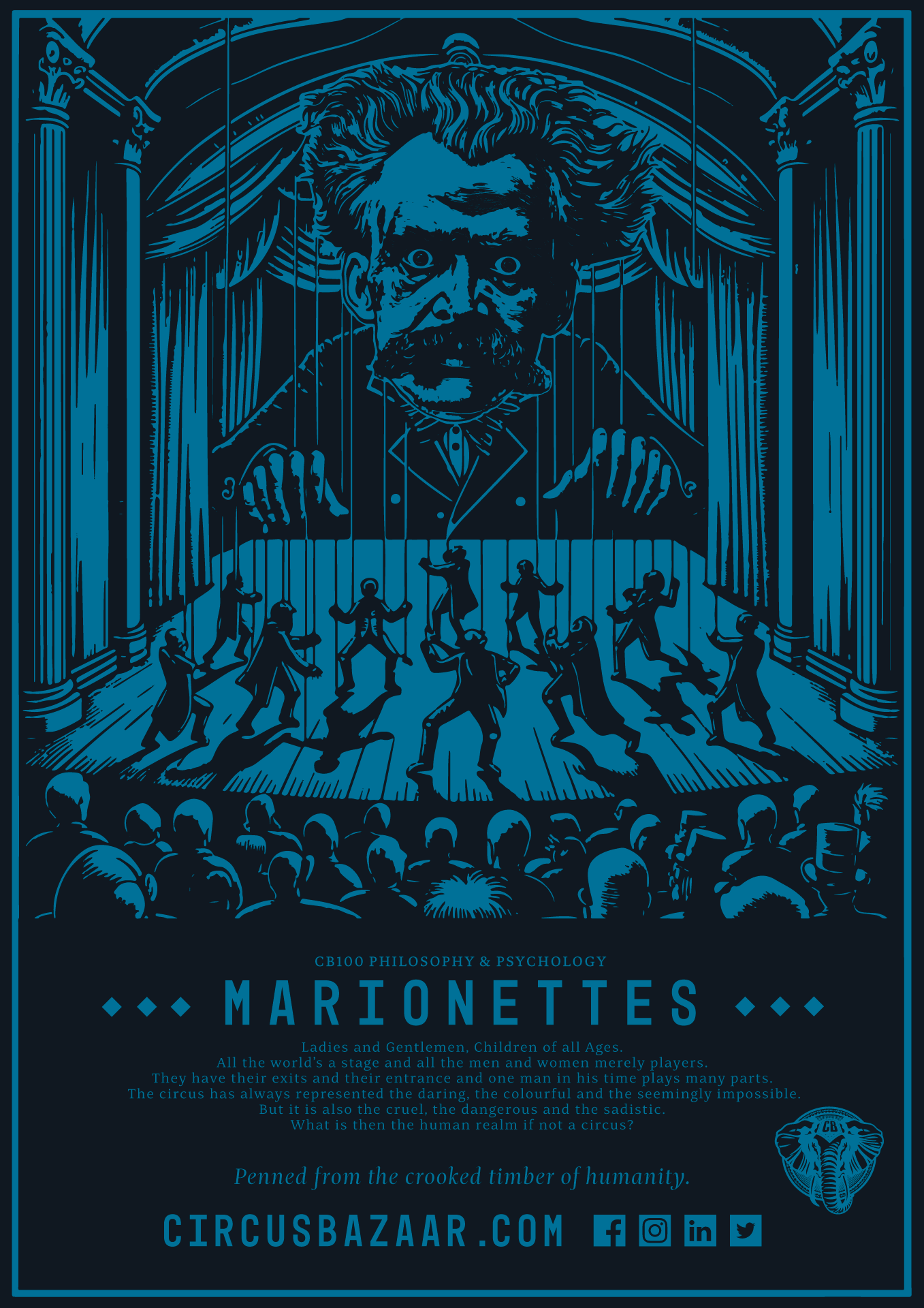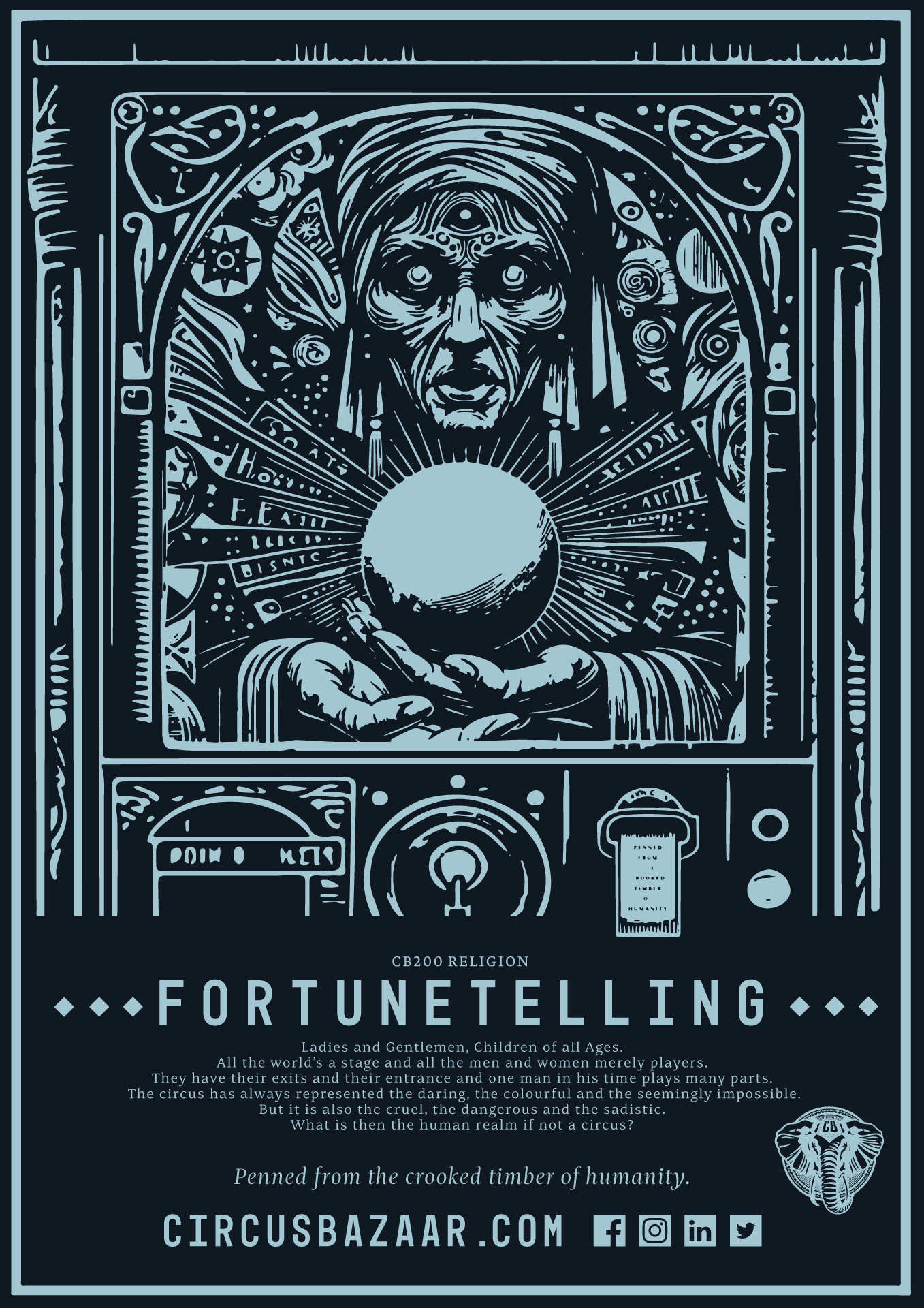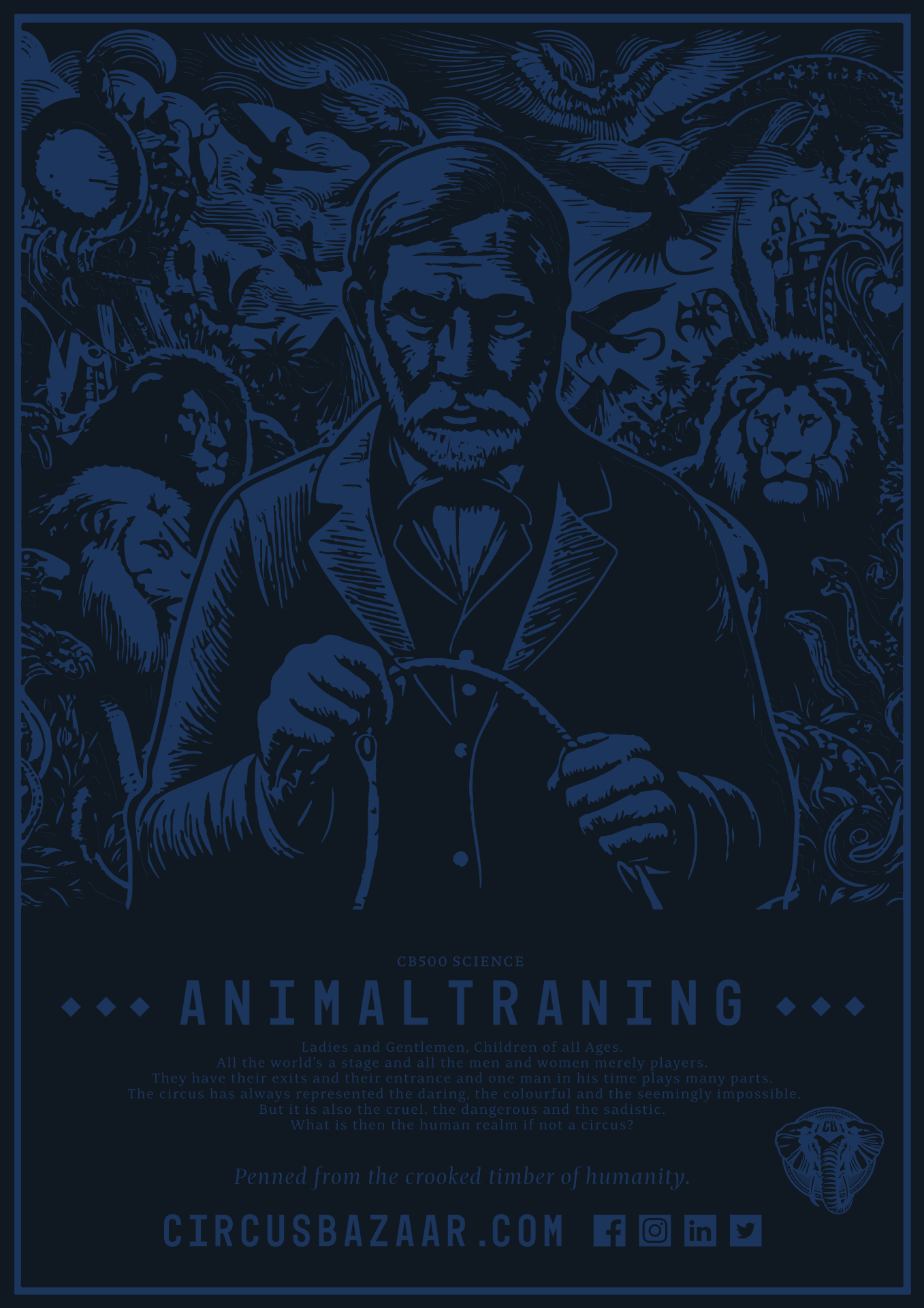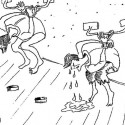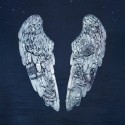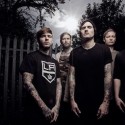“In North Korea, the words ‘human rights’ do not exist.”
– The heart wrenching words of escapee Kim Song-Ju.
[dropcap size=big]I[/dropcap]f only that were the extent of injustice—the absence of words. But it’s the reality behind the truncated vocabulary that’s truly unspeakable. The dictatorship just publicly executed 80 people for watching foreign TV; there’s an estimated 300,000 people suffering in up to 21 political and reeducation camps across the nation.
Removing human rights is removing the very right to be human.
Another survivor tells of a pregnant woman who, against all odds, gave birth in the horrific camp conditions. Upon hearing the baby’s cries, the prison guard savagely beat the mother, then forced her to drown her newborn in a bucket.
Beatings, torture, and murders are a daily occurrence; guards would brag to each other about their sadistic methods of execution. Mr Kim Kwang-Il spent more than two years in a prison camp, he revealed, “you are supposed to be given 100 grams but we did not get enough and they fed us some things that not even the pigs would eat, like for example, rotten cucumber. Boiled rotten cucumber was given to eat. And if we refused to eat that we would be punished.”
Prisoners desperately searched for lizards, snakes, and ate mice that fed-off decaying bodies of fellow prisoners. Kwang-Il was unable to put a figure on the number of deaths he witnessed; the prisoners would routinely pile dead bodies into a cart the size of trucks and take them to be burnt.
Kwang-Il drew sketches of conditions inside such prison camps. – See slides above
The United Nations have described the atrocities as having no parallel in the contemporary world. The UN Commission of Inquiry on Human Rights (COI) released a 400-page report after hearing from more than 320 defectors and escapees. The mosaic of monstrosity presents a staggering contrast in our modern world; Humanity’s celebration of evolution and advancement, piercing the zenith of moral enlightenment, begs the question how such tragedies can still take place?
His name is Kim Il-Sung. Born on April 15, 1912, near P’yŏngyang during Japanese occupation, his family fled to Manchuria, the border region of Northeast China and Russia. Kim became a guerrilla fighter against the Japanese and later relocation to the Soviet Union. His exposure to Marxist–Leninism ideology became the foundation for his own political theory Juche, which would go on to shape North Korea.
Shape is certainly too generous a term, more appropriately, the ideology would go on to haemorrhage the entire nation and its people. Il-Sung’s vision for the revolutionary reconstruction wasn’t open to discussion, absolute adherence the only option.
There are over 34,000 statues of Il-Sung spread across the nation. Large portraits of Kim Il-Sung and his successor Kim Jung-Il are not only in every possible public space, but required to hang on the wall of every single home. Random spot checks with severe penalties are done by the government; each family is provided with a special towel to shine the portraits every morning.
Indoctrination begins from birth. The first words a child learns in school are “Thank you, Dear Marshall Kim Il-Sung.” Learning to read means memorising Il-Sung’s 1977 thesis on Socialist Education; music class is singing patriotic songs. Arguably the most isolated nation on the planet, the people are strategically manipulated into believing their nation to be the greatest on earth. Even more disturbing, are the blurred lines between Il-Sung’s humanity and divinity.
Indeed, the year is 103. That’s Juche 103, according to the North Korean Calendar. It’s based off the birthday of the Eternal Sun of Mankind—Kim Il-Sung for the uninitiated. As the Gregorian calendar makes the division of eras around the figure of Jesus Christ, the North Koreans have done the same with their leader. It isn’t a subtle message being conveyed.
It’s astonishing to process what Il-Sung has succeeded in implementing. Under the guise of his neo-socialist Juche ideology, Il-Sung has managed to restore the ancient Korean dynasty. It’s clear the wounds of Japanese occupation never truly healed, and Il-Sung’s vision for a revolutionary future was in a restoration of the past.
His famous 1955 speech is littered with frustration over the neglect of Korean history, “Many of our functionaries are ignorant of our country’s history, and so do not strive to discover and carry forward its fine traditions…Only when our people are educated in the history of their own struggle and its traditions, can their national pride be stimulated and the broad masses be aroused to the revolutionary struggle.”
Many scholars agree North Korea’s current state mirrors the centuries-old tradition of independence from foreign powers. Strategically located at a peninsular tip, the Korean people have fought against invasions by Mongols, Manchurians, Han Chinese, and Japanese. Historically, Korea qualifies as one of the most invaded territories in the world.
But as ‘noble’ as Il-Sung’s nationalistic vision may be, the ends have far from justified the means. In light of the recent UN investigation and report, Chairman Michael Kirby has warned the current leader Kim Jong-Un that he could face trial for crimes against humanity. As the world looks on in disgust and disbelief, Kirby is determined not to be a bystander, “Too many times in this building there are reports and no action…Well, now is the time for action. We can’t say we didn’t know.”
But as he strives to bring the case before the International Criminal Court (ICC) and muster up international support, there is much debate regarding what truly can be done.
Tulane Political Science Professor Chris Fettweis believes that despite the UN report, significant action is unlikely by the US or other nations, “It is the worst regime on earth, but since there’s not much trade with them, there’s not much that could be done short of war, and I don’t know of anyone who thinks that’s a good idea.” Indeed the consequences and cost of modern war, far beyond any monetary sum, would ravage any nation—win or lose—and rule out any potential formal conflict with North Korea.
A fascinating parallel and potential future for North Korea are the events of the Russian Revolution. The fall of autocratic Tsardom in 1917 came at the boiling point of civil unrest, chronic food shortages, and government corruption. Led by the same Soviet political groups that later influenced Il-Sung, the masses—workers, peasants, farmers—marched the streets and clashed with the Tsar’s troops, sparking the February Revolution. While initially, imperial regiments opened fire on the masses, the tipping point came when troops joined the people and the Tsar was forced to abdicate.
The likelihood of such history repeating is as much uncanny as it is hoped for. And perhaps edging much closer to reality. Defector and former professor at the North Korean Chongjin University, Inae Hyun, speaks on an impending implosion, “Although people previously relied on government supplies to get by, to survive they’re now increasingly left to their own devices. So while no one knows how long the current North Korean regime will survive, it is undoubtedly true that it is getting weaker and weaker with time.”
With Kim Jung-Un’s highly publicised execution of his uncle, the power struggle and disharmony within the regime became evident. Professor Hyun adds, “As such, we can only expect a military coup caused by instability among the top elites to create major change.”
These sentiments are echoed by another defector, Jinwoo Ham, “Kim Jong-Il lost the trust of ordinary people during his time in power. There were many assassination attempts (the Ryongchong bombing), a coup (the 6th Brigade Incident) and to me it seemed that approximately 70-80% of people were simply waiting for him to die. Kim Jong-Un therefore rose to power following strong public frustration with Kim Jong-Il. I therefore believe Kim Jong-Un will be assassinated within the next three years due to a power struggle and this will lead to the collapse and end of North Korean regime.”
As the question of whether a repeat of historical dictatorial collapse circulates, the international community eagerly looks on. And rather than assume that anxiously praying for internal collapse is the only option, part two will explore more strategic discussions taking place, and how the world can effectively respond to the human rights violations in North Korea.
